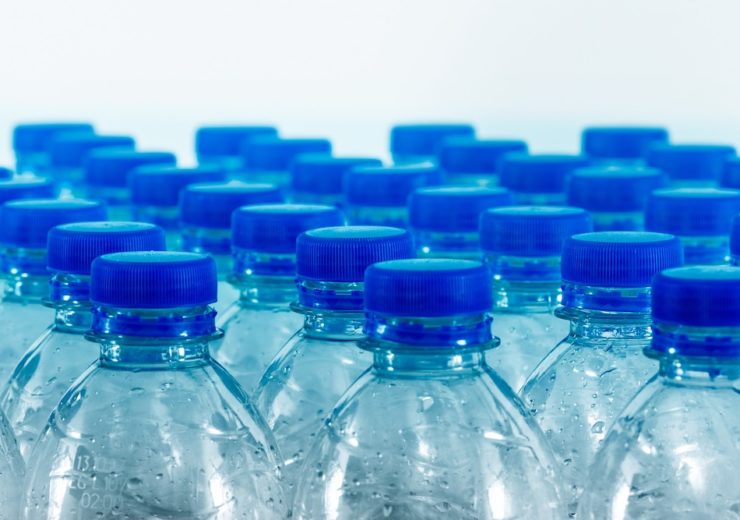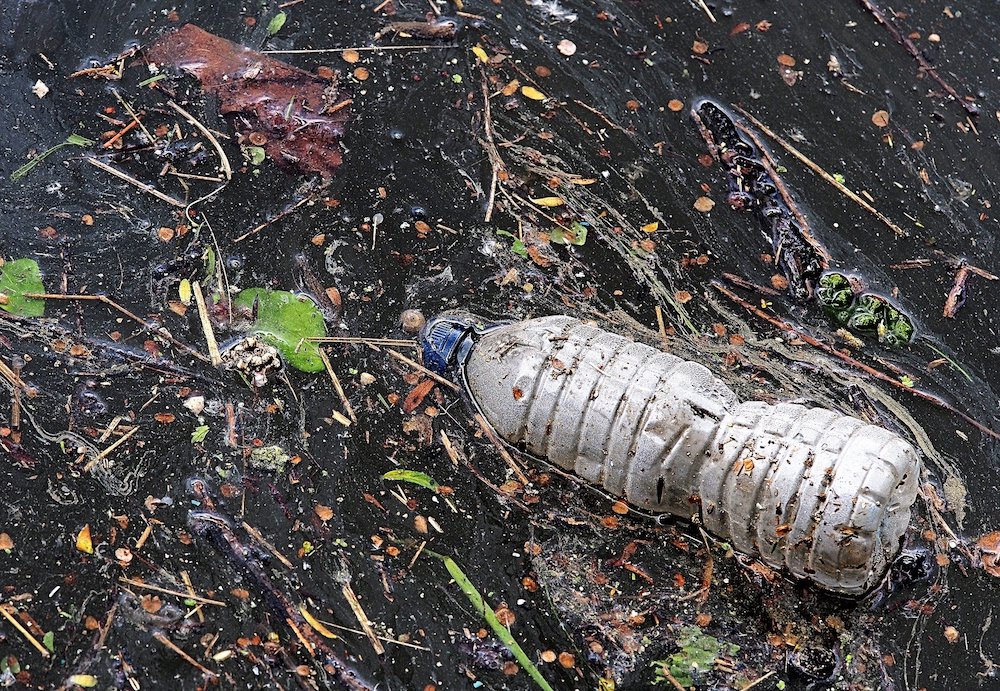Experts from the Royal Society of Chemistry say environmentally-friendly plastics have a role to play in the future of sustainable energy consumption

The Royal Society of Chemistry looked into the science needed to enable sustainable plastics (Credit: Pixabay)
More research into the impact of plastics is needed to secure a sustainable future, according to experts.
The call is part of a report published by the Royal Society of Chemistry looking at the science of sustainable plastics, which was discussed during the Chemical and Sciences Society Summit held in November 2019.
During the three-day meeting, experts from China, Germany, Japan and the UK looked to develop a circular economy plan for plastics that preserves the function they serve in society while introducing improved recyclability and reusability into their design.
University of Oxford chemistry professor Charlotte Williams, who chaired the discussion, said: “We use plastics because they can do things other materials cannot.
“We have an opportunity and an obligation to think about how we can redesign plastics to make them fully sustainable and fit for purpose, both for existing applications and for those we will need tomorrow.
“In the process, we must aim to reduce and even reverse some of the damage plastic pollution has already caused.
“The solution cannot be to ‘ban’ plastics or to replace them with alternative materials like paper, glass, or metals.
“These alternatives also involve significant environmental impacts and in some cases are less sustainable than using plastics.”
Plastics likely to play a crucial role in future healthcare and low-carbon technologies, say experts
Due to the waste and pollution they cause, plastics are often demonised as a material.
According to the report, however, many technologies central to reducing the reliance on fossil fuels will depend on plastics.
Renewable energy sources such as wind turbines and batteries use the material to build blades and casings, while it’s also used as home insulation to prevent energy wastage.
Alongside this, new technologies in both the robotics and healthcare sectors will rely on the improvement of plastic.
A factor that has driven plastics’ image problem is how it’s produced, with a significant proportion still made from petrochemicals extracted from the land.

Researchers suggest the material could be produced from more sustainable sources in the future, such as waste plastics or biologically sourced raw materials.
One example highlighted in the report is polybutylene adipate terephthalate (PBAT), which is used as a form of compostable packaging material.
It has similar properties to low-density polyethylene (LDPE) but reacts with water to fully degrade.
The report also highlights how chemistry can help ensure future plastics retain their useful properties while reducing environmental impact throughout their lifespan.
It says the scientific discipline could help develop more efficient ways to recycle the material, while identifying more sustainable variants in the longer-term.
Closed-loop recycling among four major research challenges for making plastic more sustainable
As part of its research, the Royal Society of Chemistry identified four major research challenges that need to be tackled.
Firstly there needs to be a better understanding of the impact plastics have throughout their life cycles.
This study ranging from how raw materials are obtained and plastics manufactured, to the enhancement of recycling and disposal options.
Researchers believe these analytical methods and predictive models will be key to understanding the structure and behaviour of micro and nanoplastics already in the environment.
Secondly, an increase in the development of new sustainable plastics will be necessary to boost its place within the circular economy.
This would involve making polymer structures with specific properties to allow plastics to be manufactured, processed, and recycled with a minimal environmental impact.

A more efficient and closed-loop recycling process was also highlighted as a critical research area and would include separating mixtures and composites into single polymers to enable future use.
Finally, the Royal Society of Chemistry believes that understanding and controlling plastic degradation is an important area to research.
It says the focus should be on developing products that are both recyclable and environmentally degradable.
Labelling standards also need to be improved to ensure clarity and standardisation for compostable, biodegradable, and degradable polymers.
Professor Matthew Davidson, director of the University of Bath’s Centre for Sustainable and Circular Technologies (CSCT), said: “The remarkable consensus achieved by a group of international experts in just two days of intensive discussions highlights that there is both a will and the ability within the global scientific community to tackle the major issues around sustainable use of plastics.
“A large multidisciplinary team of scientists and engineers within CSCT is already closely engaged with many academic and industrial partners around the globe to address the research challenges outlined in the report.”
